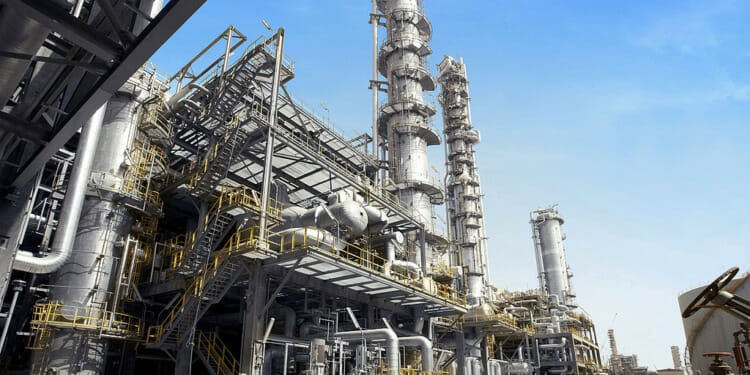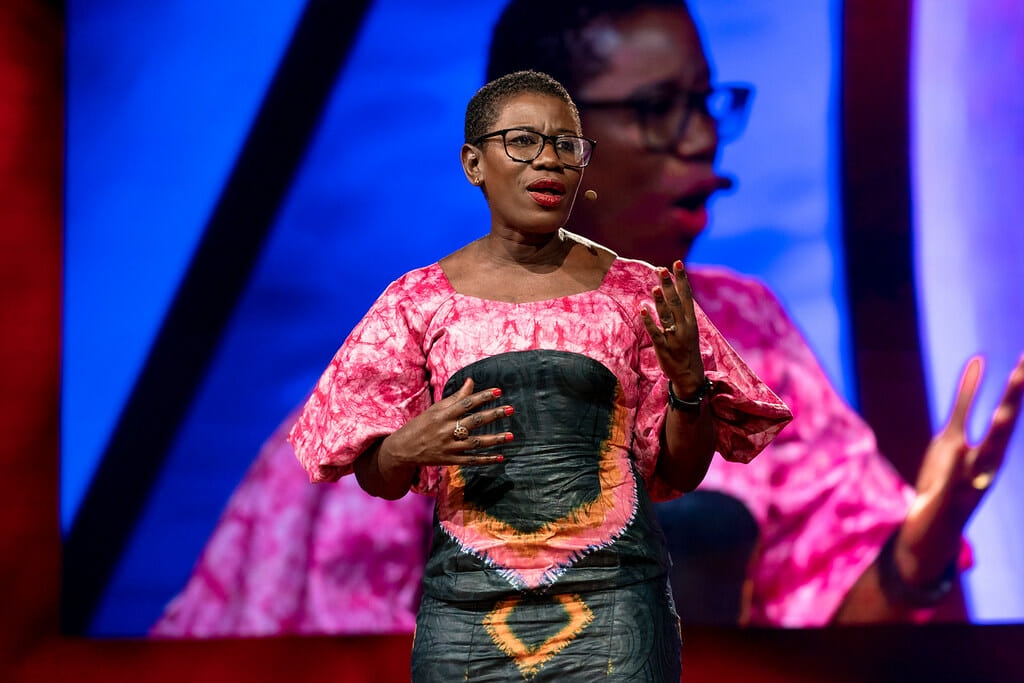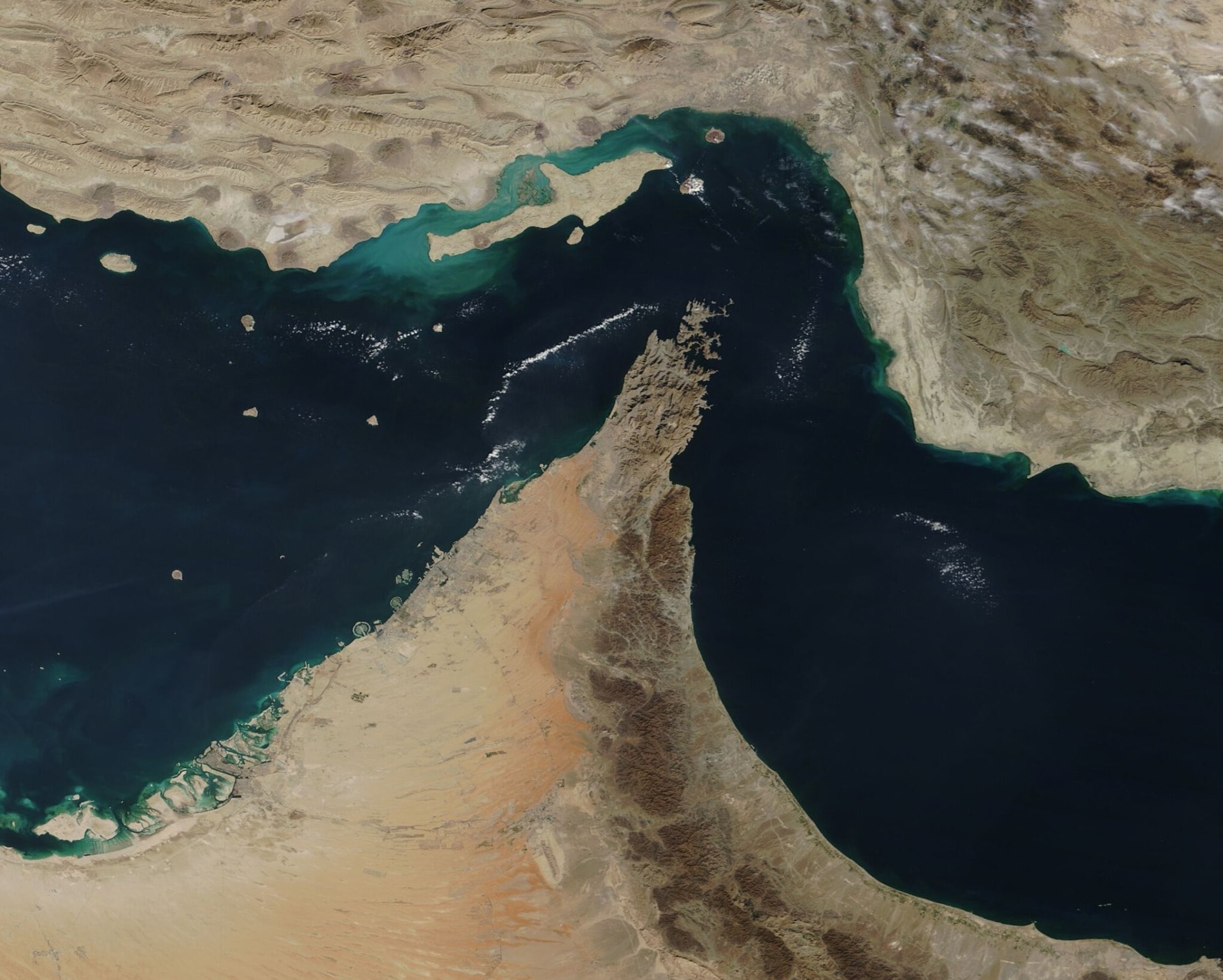As the world’s largest oil exporter, Saudi Arabia’s pledge to reach net zero emissions by 2060 means they have doubled their target to reduce carbon emissions. Crown Prince Mohammed bin Salman said the Gulf state will invest heavily to reach the goal. Yet, he noted that Saudi Arabia will proceed to produce oil for decades to come despite this recent ambitious pledge.
This announcement comes days before the COP26 climate change summit. With that, Crown Prince Salman appears to be ahead of the curve as this summit will undoubtedly pressure leaders to act and outline their plans to reduce the effects of global warming.
Saudi Arabia joins over 100 countries which are all committed to reaching net zero emissions. Net zero means not adding to the amount of greenhouse gases in the atmosphere. It is achieved by cutting emissions as much as possible – mainly by reducing gases like carbon dioxide (CO2), which are released in the use of fossil fuels.
Climate Madness: Saudi Arabia pledges net zero by 2060 while excluding its world-leading oil & gas exports from the emissions measured – and making no mention of reducing investment in oil and gas
Just about sums up the “net zero” twilight zone https://t.co/3PsDxQkYeB #COP26
— Assaad Razzouk (@AssaadRazzouk) October 24, 2021
Saudi Arabia’s goal is in line with the likes of Russia and China who have also stated their goal to achieve net zero emissions by 2060. The U.S., the U.K., and even the neighbouring United Arab Emirates all have their sights set on achieving net zero by 2050.
Speaking at the Saudi Green Initiative (SGI) Crown Prince Mohammed bin Salman and his energy minister Abdulaziz bin Salman explained how Saudi Arabia would tackle climate change, but never failed to highlight the continued importance of hydrocarbons and insisted they will reach their target without affecting the “stability of global energy markets”.
Saudi Arabia is taking its climate action to the next level. With the announcements made yesterday at the #SGIForum by HRH Crown Prince Mohammed bin Salman, the Kingdom will rapidly deliver a cleaner, greener future for generations to come. pic.twitter.com/9SDPLYmLb3
— Saudi Green Initiative (@Gi_Saudi) October 24, 2021
As the 10th largest emitter of carbon dioxide this commitment sees Saudi Arabia agree to deeper global emissions cuts to tackle global warming. Salman also committed to cut methane emissions throughout the country by 30% by 2030. Saudi’s plans however would rely on “the availability of the required technologies to manage and reduce emissions”.
This statement comes off the back of a leaked document that revealed Saudi officials asked the UN to play down the need to rapidly move away from fossil fuels,ahead of the COP26 meeting over the weekend.
Related Articles: To Get To Net Zero By 2050, We Must Scale Up Carbon Removal | Is Oil Really Worth More Than The Planet?
Salman said Saudi Arabia will use carbon capture – technology that extracts CO2 from the air – to help it meet the goal. Earlier this year, Saudi Arabia said it would reduce carbon emissions by shifting to renewable energy and planting billions of trees.
Richard Black, senior associate at the Energy and Climate Intelligence Unit (ECIU), called Saudi Arabia’s net-zero target “very welcome” ; he did go on to say that carbon-capture commitments were “really speculative”.
The BBC reported a loophole to their commitment noting that since the net-zero target only applies to domestic emissions, it may mean Saudi Arabia will not need to reduce its oil and gas production. Carbon emissions from fossil fuels burned by other nations once the kingdom ships them abroad will not contribute to their emissions.
At this time Saudi Arabia’s economy is heavily reliant upon the oil market, Richard Black told the BBC “There’s a lot of people who will be cynical about this unless Saudi Arabia plans to ramp down its production of oil and gas, which it has no plans on doing.”
While the crown prince is supporting renewable energy options the Saudi energy minister has emphasized that the world requires fossil fuels as well as renewable options. “It has to be a comprehensive solution,” he said. “We need to be inclusive, and inclusivity requires being open to accept others’ efforts as long as they are going to reduce emissions.”
At this moment it seems like there’s a basic contradiction in Saudi Arabia’s energy plans. On one hand, they say they are targeting net zero carbon emissions by 2060, a great step forward for efforts to combat climate change. Yet, on the other hand, these statements are swiftly followed by their intention to continue producing and shipping fossil fuels to be used globally which clearly adds to global warming.
How Saudi Arabia will navigate these murky waters remains to be seen. Will they achieve their goal of net zero by 2060? Will they continue to be the world largest exporter of oil therefore negatively impacting other countries emissions? Perhaps we will have to wait 39 years to find out, and by that time will it be too late?
Editor’s Note: The opinions expressed here by Impakter.com columnists are their own, not those of Impakter.com. — In the Featured Photo: Petrochemical Plant in Saudi Arabia. Featured Photo Credit: Wikimedia Commons









